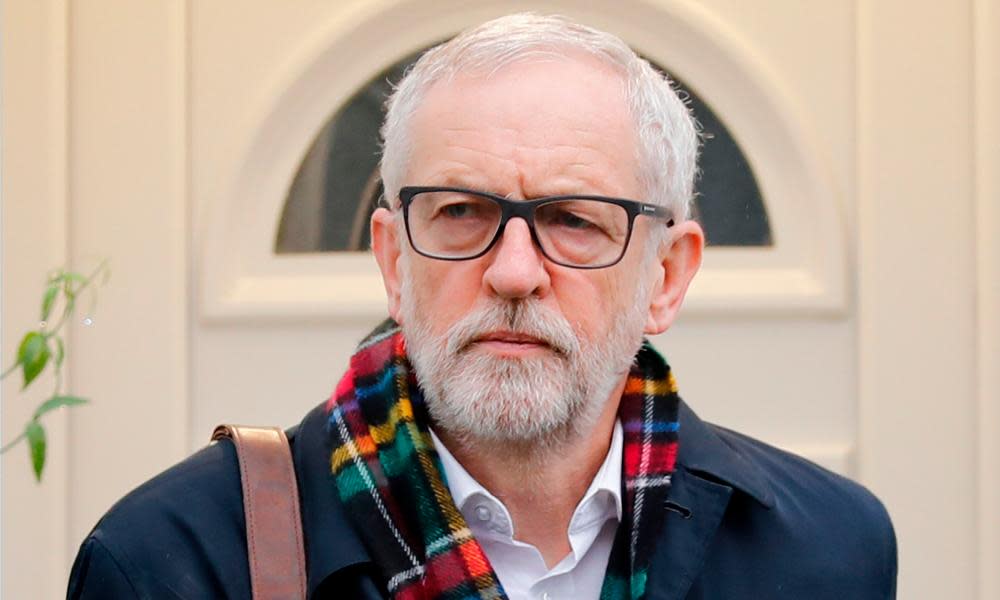Can Labour find a vision that ends party factionalism?

Owen Jones’s analysis of where Labour’s left should now put its efforts is welcome (Both sides of Labour’s internal war need to focus on a vision for Britain’s future, 28 November). He suggests the left should “focus on building political pressure on the Labour leadership to offer the transformative agenda that a crisis-stricken country needs”.
If we could move a little further still from factionalism and allow the whole of the Labour party and movement to work together on such a transformative agenda, we may get to a position that would be popular and bring hope of a brighter future to people of many political persuasions. The focus of some constituency Labour parties (CLPs) – including my own – on motions of solidarity with Jeremy Corbyn is the opposite of what is needed. It would be wonderful if these CLPs could understand that it’s not the man, it’s the mission.
Diane Ordish
Brighton
• Owen Jones’s article is very welcome. Might I suggest that the party could unite over electoral reform policy. One of the causes of party splits is that there are unstable coalitions within both the main parties, which make it hard for them to have a vision. It’s the only policy the Tories won’t steal. In fact it might have them running for the hills. So let’s revisit the Jenkins report and watch what happens.
Kate Allen
Guisborough, North Yorkshire
• Owen Jones’s cry that all Labour has to do is fight the next election on the same terms as 2019 must give cheer to the Tories. A number of factors contributed to that defeat, but a prime factor was weak and indecisive leadership. The constant harking back to a postwar Britain that saw a Labour government with a large majority ignores the social and economic changes that have taken place since then. If the “vision” is to see a Labour government with radical policies then the evidence is clear. The left can only achieve those visions with the election of a left-of-centre Labour administration.
Councillor Guthrie Mckie
Labour, Westminster council
• “Raising taxes on the rich … , scrapping tuition fees, a green industrial revolution, no illegal wars and restoring workers’ rights” are core policies of the Corbyn era that Keir Starmer pledged to maintain, says Owen Jones. He says the party’s left is in a strong position to make the leadership stick with these. Why should it have to? What is the point of a Labour party that does not want these things and many more besides (decent public transport, social housing, food security, more doctors, nurses, teachers and care workers). I don’t know whether to laugh, cry or tear up my membership card.
Veronica Marris
Heckington, Lincolnshire
• Owen Jones may be correct that Labour’s right has not set out a vision yet. When it did, it won three consecutive elections and brought us improvements like Sure Start, increased real education, health and culture spending, while being constantly undermined by both the Tory press and its own left wing. The left’s vision has brought us the worst Labour electoral performance since 1935, the most inept government in living memory, but with a huge majority, and the likelihood of Tory rule for the next decade.
Jonathan Harris
Royal Wootton Bassett, Wiltshire
• Owen Jones avers that the Labour left “is far more powerful than it was before 2015”. This no doubt accounts for the party’s triumph in the 2019 election!
Jeremy Beecham
Labour, House of Lords

 Yahoo Movies
Yahoo Movies 
